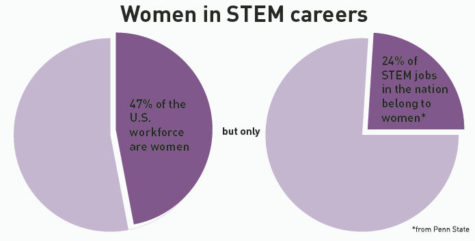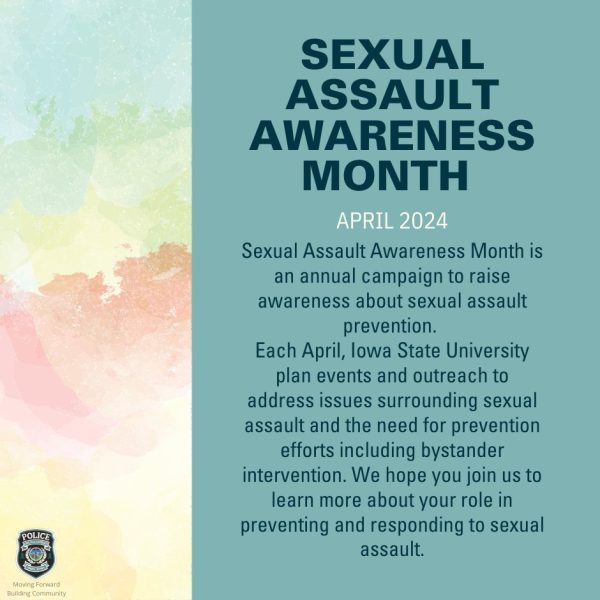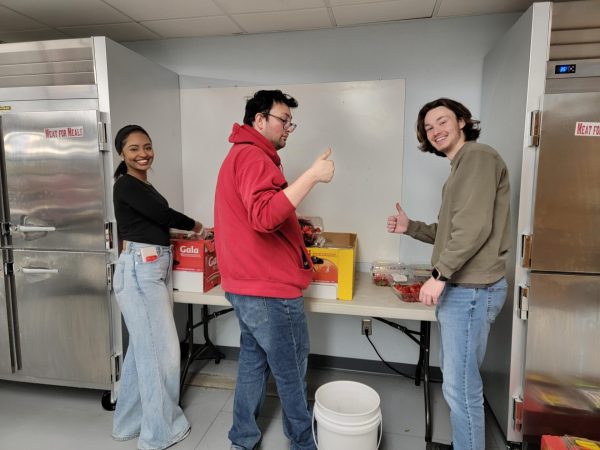Students share the importance of queer spaces in Ames
Ames is home to many “unofficial queer safe spaces’’ that are valued by the LGBTQ+ community. For students like Olivia Sorenson, places like Dog-Eared Books provide comfort and security.
In the Christian school she grew up in, students and faculty alike made generalized comments about queer individuals and the community, according to Sorenson, a sophomore in anthropology.
“It always made me feel attacked and like they didn’t really care about me as a human being,” Sorenson said. “It was hard hearing them preach love in the classrooms, but as soon as you stepped out of their boxes, they no longer loved you.”
It is important for those who identify as queer to have safe spaces to exist without judgment, according to Sorenson.
“Queer people can easily be overlooked in cities in a mostly red state,” Sorenson said.
Despite the fact that it’s located in a “red” state, Ames has a spot for everyone.
History of queer spaces
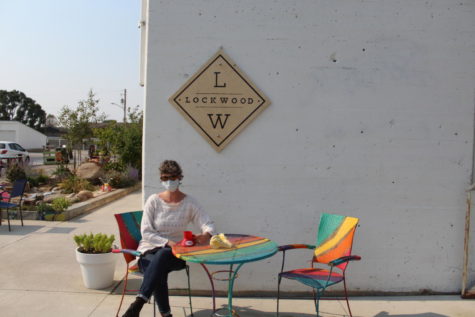
“Queer spaces have often been valued by LGBTQ+ communities as a way to find joy, laughter, community and solace,” said Cassandra Collier, a professor in the women’s and gender studies department. “It historically marked the limited spaces where we could fully exist as ourselves outside of our own homes.”
In the past, LGBTQ+ individuals have found comfort in spaces where they could be fully open about their identities without facing the discrimination of everyday life.
“The 20th century was a time for social upheaval for the U.S., and for the LGBTQ+ community it was no different,” Collier said. “Folks who were even suspected to be gay were routinely fired, denied housing and were even considered to have a mental disorder by major medical organizations.”
The spaces did not come to the community easily. Queer individuals had to put thought, care and discipline into spaces to ensure the next generation had access to the same community, according to Collier.
Queer spaces in Ames
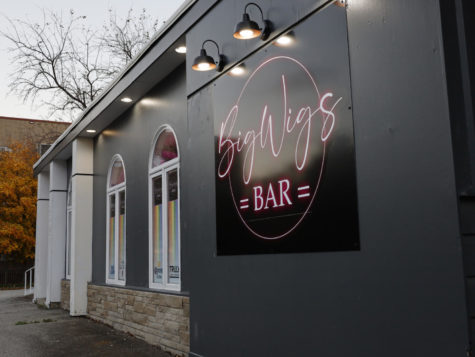
“Queer spaces are important in cities like Ames because queer people can be easily overlooked in cities in a mostly-red state,” Sorenson said.
It is common for individuals to hear about queer spaces in big cities around the world, specifically in places like New York or California, but for many it’s reassuring to know that there are little hubs everywhere else, according to Simone Banks, a senior in computer engineering.
“People come from all different places, and they may go through a lot of adversity where they come from,” Banks said. “These spaces are important for safety and just to feel comfortable with yourself.”
Locations in Ames such as Big Wigs, Dog Eared Books and the Lockwood Cafe are staples for the LGBTQ+ community because they openly present pride flags, welcoming messages and inclusive media on the front of their establishments.
Other than open presentations, students share that queer spaces have a specific feel to them.
“I know a space is LGBTQ+ friendly by the people there and the language used,” Banks said. “They don’t have to say anything overtly, but you can just kind of tell.”
“A queer space to me is a space that openly and obviously accepts all members of the LGBTQ+ community,” Sorenson said, “one
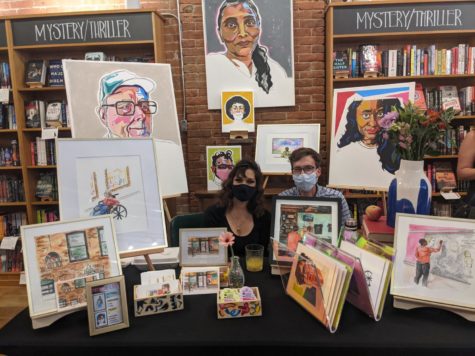
where I can walk in and feel entirely welcomed and consumed in love.”
“My favorite space in Ames is Big Wigs,” Banks said. “The Queens come out and walk around while performing. It’s so fun.”
Big Wigs, a local gay bar, features drag shows and trivia for queer individuals. Dog-Eared Books features queer authors and hosts pride events for the community.
“My favorite queer accepting space in Ames is Dog-Eared Books,” Sorenson said. “They have a lot of stickers and books that support queer humans and even have a sign at checkout that says to correct them if they misgender you.”
Even though these spaces are few and far between, they are highly valued in the queer community.
“These spaces emerged not just for us to survive,” Collier said, “but to find moments to thrive.”
Your donation will support the student journalists of the Iowa State Daily. Your contribution will allow us to purchase equipment, send our student journalists to conferences and off-set their cost of living so they can continue to do best-in-the-nation work at the Iowa State Daily.











